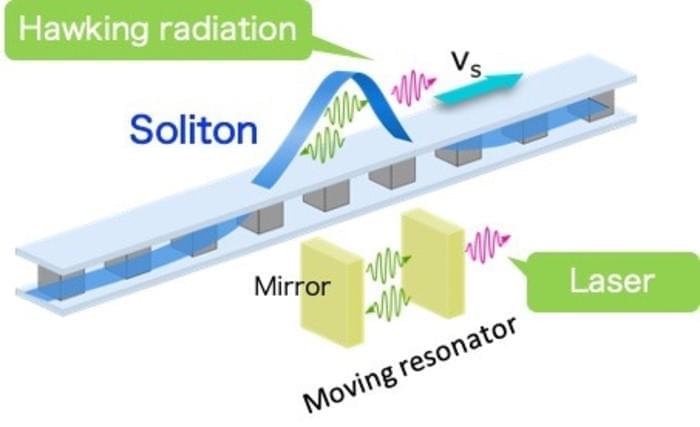And they say it’s the world’s fastest.
It appears a quantum computer rivalry is growing between the U.S. and China.
Physicists in China claim they’ve constructed two quantum computers with performance speeds that outrival competitors in the U.S., debuting a superconducting machine, in addition to an even speedier one that uses light photons to obtain unprecedented results, according to a recent study published in the peer-reviewed journals Physical Review Letters and Scienc… See More.








